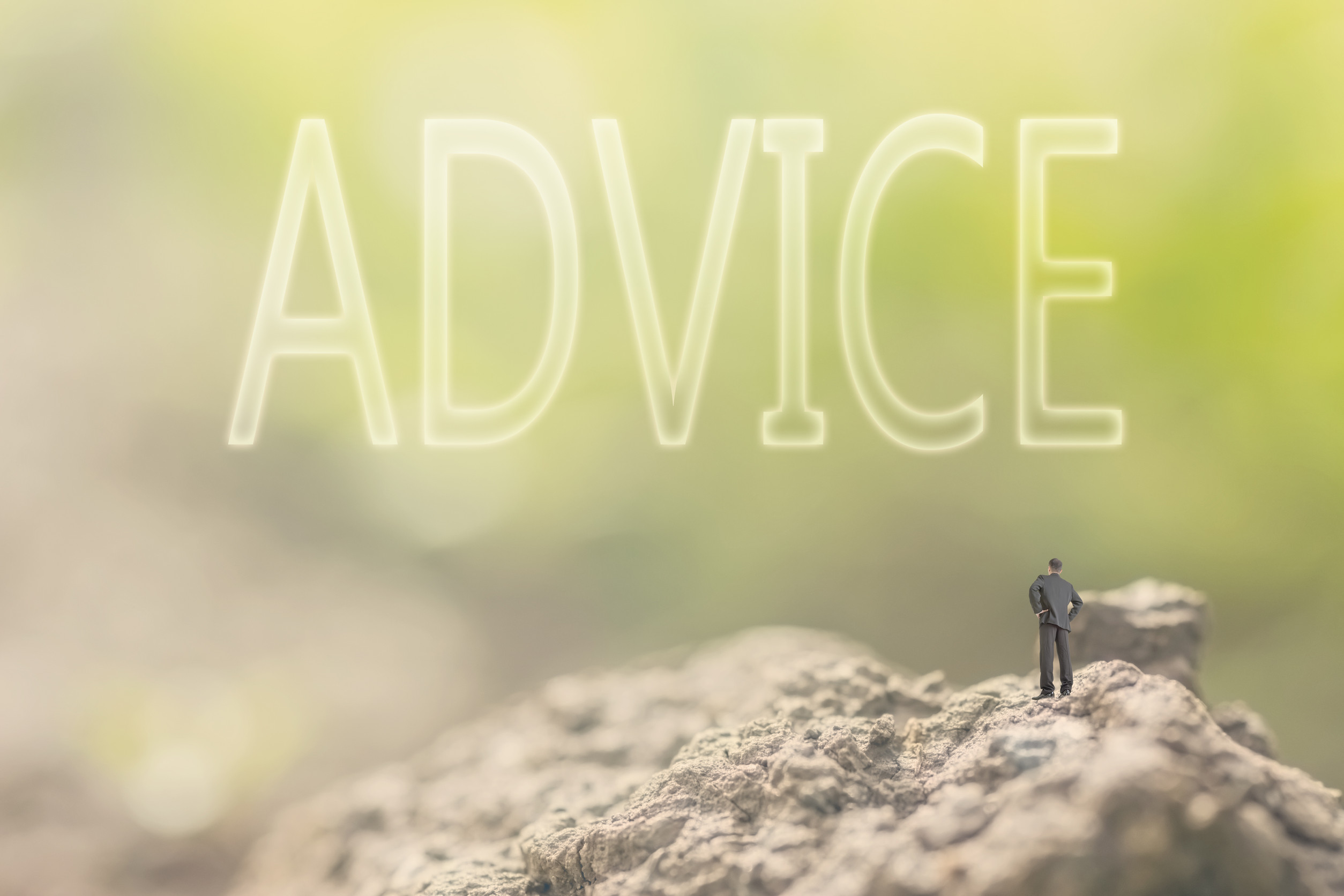
Image Source: 123rf.com
Navigating relationships with toxic individuals can drain your energy and damage your mental well-being over time. Whether it’s a difficult colleague, family member, or acquaintance, their negative behavior can seep into your life and affect your peace of mind. Learning to protect your mental health while dealing with toxic people isn’t just self-preservation—it’s essential for maintaining your emotional balance and overall happiness. You can shield yourself from harmful influences by implementing effective boundaries and coping strategies without completely isolating yourself from necessary social connections.
1. Establish Clear Boundaries
Setting firm boundaries is your first line of defense against toxic behavior. Communicate what you will and will not tolerate from others. This might mean limiting conversation topics, refusing to engage in gossip, or specifying when you’re available to interact.
When establishing boundaries, use direct “I” statements that focus on your needs rather than criticizing others. For example, say “I need to end conversations that involve criticizing others” instead of “You’re always so negative.”
Remember that boundaries only work when consistently enforced. If someone repeatedly violates your boundaries, be prepared to implement consequences, such as limiting contact or removing yourself from the situation.
2. Practice Strategic Disengagement
You don’t need to respond to every provocation or participate in every conflict. Strategic disengagement means consciously choosing when to engage and when to step back from potentially harmful interactions.
The “gray rock” method is particularly effective with manipulative individuals—by responding with minimal emotion and providing boring, neutral responses, you become as interesting as a gray rock. This removes the emotional fuel that toxic people often seek.
When disengaging isn’t possible, try mentally detaching by reminding yourself that their behavior reflects their issues, not your worth. According to research from the American Psychological Association, this cognitive reframing can significantly reduce stress responses.
3. Build a Supportive Network
Counterbalance toxic relationships by cultivating connections with positive, supportive people. These healthy relationships provide perspective, emotional support, and reminders of respectful interactions.
Seek out individuals who demonstrate empathy, respect boundaries, and communicate honestly. Join groups or communities centered around shared interests or values where you’ll likely meet like-minded people.
A study published in the Journal of Social and Personal Relationships found that having just a few quality supportive relationships can buffer against the negative effects of difficult interactions in other areas of life.
4. Develop Self-Validation Skills
Toxic people often undermine your confidence and make you question your perceptions. Learning to validate your own experiences and feelings creates an internal shield against this manipulation.
Start by acknowledging your emotions without judgment. Practice positive self-talk and remind yourself of your strengths and accomplishments. Keep a journal to track situations where you felt manipulated or gaslit, which can help confirm your perceptions.
Remember that others’ opinions of you don’t determine your worth. Developing this internal validation makes you less vulnerable to toxic people’s attempts to control or diminish you.
5. Create Mental and Physical Distance
Sometimes, the most effective protection is literal distance. When possible, limit face-to-face interactions with toxic individuals by communicating through email or text instead, which gives you time to process and respond thoughtfully.
Rearrange your schedule to minimize overlap with difficult people. If you work with toxic colleagues, try to position your desk away from them or use headphones to create a psychological barrier.
For family members or others, you can’t avoid, plan shorter, structured interactions in public places where behavior tends to be more controlled.
6. Practice Regular Self-Care Rituals
Dealing with toxic people depletes your emotional resources, making consistent self-care essential for replenishing your mental energy. Develop daily practices that nurture your wellbeing.
Physical self-care, such as exercise, adequate sleep, and nutritious eating, strengthens resilience. Emotional self-care might include meditation, journaling, or creative expression. Social self-care involves spending time with supportive people who lift you up.
According to the National Alliance on Mental Health, establishing regular self-care routines can significantly improve your ability to handle stress and protect your mental health during challenging interpersonal situations.
7. Seek Professional Support When Needed
Sometimes, toxic relationships create damage that requires professional help to address. A mental health professional can provide personalized strategies for your specific situation and help heal any trauma from prolonged toxic exposure.
Therapy offers a safe space to process difficult emotions and learn advanced coping techniques. Approaches like Cognitive Behavioral Therapy can be particularly effective in changing thought patterns that developed in response to toxic relationships.
Don’t hesitate to reach out for help if you’re experiencing persistent anxiety, depression, or difficulty setting boundaries—these are common responses to toxic relationships that can improve with proper support.
Reclaiming Your Peace of Mind
Protecting your mental health around toxic people isn’t selfish—it’s necessary. By consistently implementing these strategies, you’re not just defending yourself against negativity; you’re actively creating space for positive growth and genuine connections. Remember that you deserve relationships that energize rather than deplete you, and taking steps to protect your mental health is an act of self-respect.
Establishing healthy boundaries with toxic people takes time and practice. Some days will be easier than others, but each small step strengthens your emotional immune system against toxicity. With persistence, you’ll find yourself less affected by difficult people and more connected to your authentic self and those who truly support your well-being.
Have you ever had to deal with toxic people in your life? What strategies worked best to protect your mental health while navigating these challenging relationships?
Read More
7 Ways to Break Free from a Trauma Bond Even When It Feels Impossible
7 Uncharacteristic Behaviors of Adult Bullies

Travis Campbell is a digital marketer/developer with over 10 years of experience and a writer for over 6 years. He holds a degree in E-commerce and likes to share life advice he’s learned over the years. Travis loves spending time on the golf course or at the gym when he’s not working.












